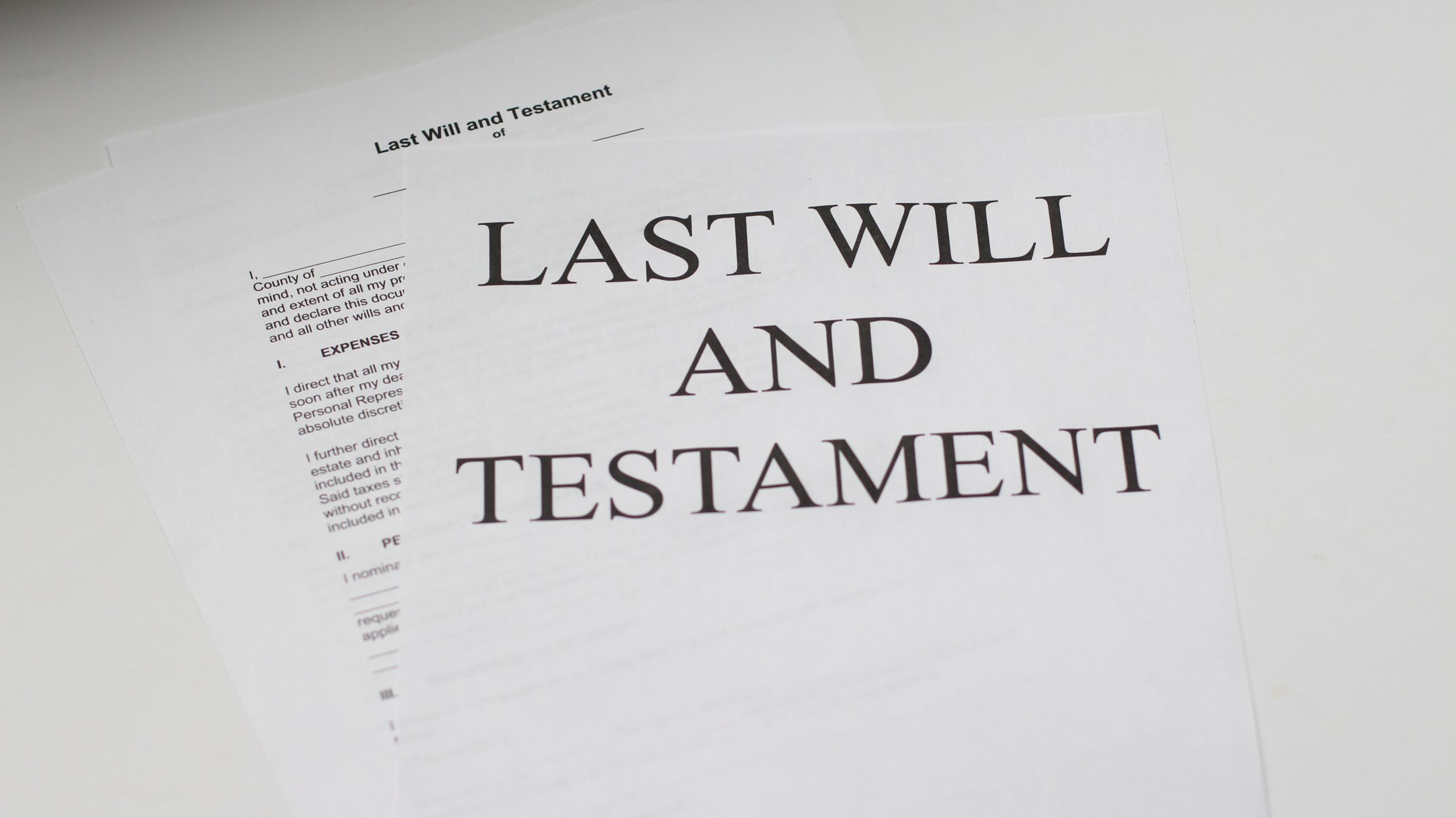What happens when you die without a Will in Victoria?
When someone dies, they often leave behind property, assets and occasionally debt. This is known as their ‘estate’. In order to manage and finalise the estate, all property and assets must be collected, debts paid, and assets distributed. If there is one, the assets are distributed according to the Will and often Probate VIC is required. Sometimes, however, people pass away without a Will.
Learn more about Probate and how long it takes in VIC here.
When someone passes away without a valid Will in VIC, they have died intestate. This means that their assets are distributed according to a legal formula laid out by the Victorian government in Part IA of the Administration and Probate Act 1958 (VIC). These are known as the laws of intestacy and are based on the deceased’s relationships at the time of their passing.
When someone dies intestate their assets usually go to their closest Next-of-Kin, but if they don’t have a partner, children, or other living relatives, their assets go to the State of Victoria.
Probate Consultants empower Self-Represented Applicants (SRAs) to apply for Grants of Letters of Administration (LOA) in VIC by providing specialist guidance and support. With 333+ Five-Star Reviews on Google, we are the Premium LOA Solution known for making the process Fast, Affordable and Easy.
Contact us today for a Free Consultation on 1300 561 803.
What happens after Letters of Administration are granted?
A Grant of LOA appoints an Administrator of the estate. Generally speaking, the Administrator is responsible for:
- Collecting all property and assets
- Paying any debts
- Distributing the assets according to the laws of intestacy.
Assets may include:
- Real estate
- Money in bank accounts
- Shares
- Aged-care bond (RAD)
- Personal possessions
- Superannuation
- Life insurance
- Motor vehicles

Debts may include:
- Loans
- Mortgages
- Credit cards
- Taxes
- Bills
- Costs incurred by the Administrator or other persons to finalise the deceased estate – i.e. funeral costs, legal expenses, ongoing bills
Call 1300 561 803 for a Free Consultation today or Book a time for a Call-Back. There is no timer and never any obligations.
Summary
Probate is not required in VIC when a person has died without a Will. In this situation, Letters of Administration may be required to deal with their estate and the application process can be overwhelming and daunting. Whilst most applications are lodged by solicitors or trustee companies, many people align to managing this very important, and personal, application themselves as an SRA. For those that do, Probate Consultants have created a seamless LOA application experience that makes the process Fast, Affordable and Easy.
After 5+ years helping Self-Represented Applicants with astounding results, Probate Consultants is proudly Victoria’s Premium Probate and LOA Solution with affordable Fixed-Fees and Fast approval times.
Call 1300 561 803 for a Free Consultation or book a time for call-back.






